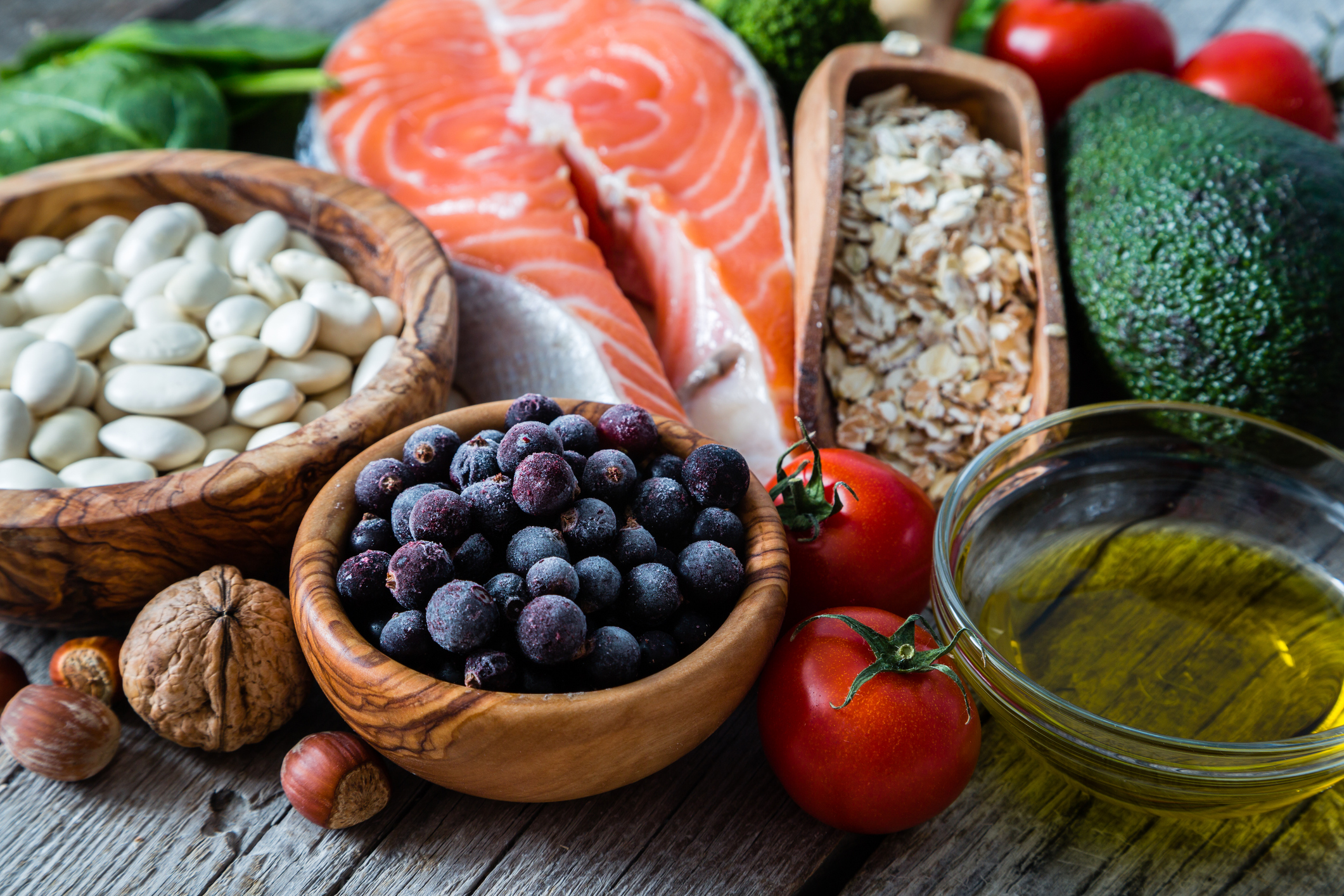
There are a number of different types of arthritis and all involve problems with the joints.
Osteoarthritis or OA is the most common type of arthritis. OA mostly affects cartilage – this is a slippery tissue that sits over the ends of the bones in joints.
Osteoarthritis is the result of natural wear and tear on joints. It typically affects joints that support weight or are frequently used.
When cartilage is healthy it lets the bones glide over each other and works to absorb shock caused by movement. OA causes the top layer of the cartilage to wear down meaning that the bones then rub together. This causes joint pain, swelling and a loss of motion.
Who Gets OA?
Most often OA occurs in older people – although younger people may sometimes get OA if they have had joint injuries.
What Causes OA?
Although OA usually occurs over time there are some risk factors that may cause it including:
- Excess weight
- Ageing
- Injury of joints
- Joints that are not properly formed
- Genetic defect
- Stress on joints from certain jobs and sports
Can diet help with OA?
As OA is an inflammatory disease your diet can help alleviate your symptoms. Here’s some “naughty and nice” tips for your festive season diet choices. Choosing the right foods when you celebrate can assist with symptom relief from OA.
What’s Nice:
Fruit and vegetables.
We can all benefit from more fruit and vegetables in our diet, but there are some in particular that will help with the management of your OA.
Blueberries, strawberries, apples and onions. These contain antioxidants that target free radicals and inflammation.
Bananas help to build bone density as they contain magnesium and potassium and pineapple contains the enzyme bromelain which controls inflammation.
Foods rich in omega 3 acids.
There are so many great foods in this group
Fish and seafood– many types of fish including salmon, tuna, mackerel and sardines are rich sources of omega 3. Seafood including lobster, oysters and fish roe (caviar) are also very beneficial. Aim for 2 servings of fish per week as part of your staple diet choice.
Other omega 3 rich sources include avocados, nuts – in particular walnuts, brazil nuts and cashews, chia seeds, soybeans, tofu and soy products, grain fed beef, peanut butter and olive oil and other healthy oils as well as green tea and orange juice.
Choose whole grain products
When selecting breads, pasta and cereal – make whole grain your choice as it means the food is less processed.
Some Christmas cheer?
Many of us enjoy a drink with friends in the holidays. When deciding what to drink consider red wine. It is rich in antioxidants while beer has been proven to be an OA no no.
What’s naughty?
It won’t come as a surprise, but anything that has processed sugars like lollies, deserts, cakes and biscuits, chocolate bars and softdrinks. Sugar also goes under different names so look at food labels and see if there is anything ending in “ose” such as fructose and sucrose.
Another area to avoid is “white” items such as white flour products, white rice and white potatoes.
Trans fats are really not good for any of us so avoid processed foods such as snack foods, crackers, fast foods and fried products.
Enjoy the holidays and keep well!
There are so many good delicious choices available for OA sufferers. I hope you enjoy a happy and festive holidays season with some gourmet favourites that will taste good and be good for you!


